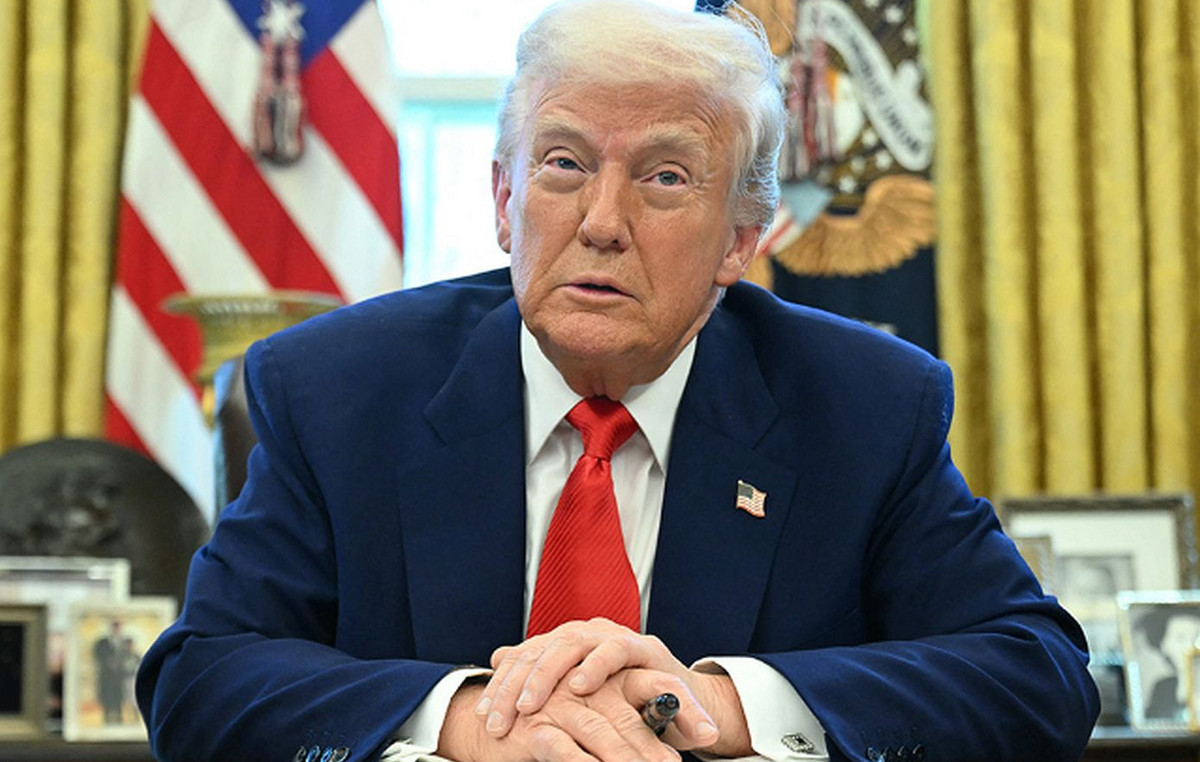THE dollar outlines a drop in the session this Wednesday (22), on a day that promises to be less liquid as Christmas approaches, with investors analyzing the approval of the 2022 Budget and waiting for data in the United States. already the Ibovespa had a slight recoil.
At 10:37 am, the dollar in cash retreated 0.31%, to R$ 5.721 on sale. At B3, the first-maturity dollar futures contract dropped 0.48% to R$5.7178. At the same time, the Ibovespa was down 0.38% to 105,093 points.
The contained variations replicated the photo from the end of yesterday’s session, when the currency closed near stability and far from the session lows.
In general, investors remain attentive to the global news about the potential effects of the Ômicron variant of the coronavirus on the outlook for the world economy – which recently caused a sell-off in risky assets and helped push the dollar to a new level above the R$ 5.70, which it was holding.
In the domestic field and in the fiscal area – one of the main exchange rate guides this year -, financial agents were poring over the 2022 Budget, approved the day before by Congress.
The opinion provides that, after the approval of the constitutional amendments that changed the form of payment of court-ordered debts, a fiscal margin of R$ 113.1 billion will be created for the next year, an amount higher than the federal government’s estimate of R$ 106 billion.
Amid the lower liquidity typical of the end of the year, the Central Bank will provide dollars to the market. The monetary authority will offer between 10:30 am and 10:40 am, Brasília time, up to US$ 700 million in “new” currency swaps.
An hour later, it will make available up to US$ 731 million in these same derivatives, but this time for the rollover of contracts maturing in February 2022.
Abroad, the dollar index against a basket of developed countries’ currencies retreated 0.14%, while emerging currencies rose 0.42%.
In addition to Ômicron’s developments, economic indicators in the US will be analyzed, with investors looking for evidence to justify a tougher stance by the US central bank – which could put pressure on emerging countries’ currencies, such as the real.
Reference: CNN Brasil
I am Sophia william, author of World Stock Market. I have a degree in journalism from the University of Missouri and I have worked as a reporter for several news websites. I have a passion for writing and informing people about the latest news and events happening in the world. I strive to be accurate and unbiased in my reporting, and I hope to provide readers with valuable information that they can use to make informed decisions.







